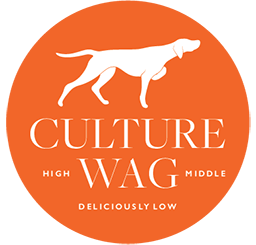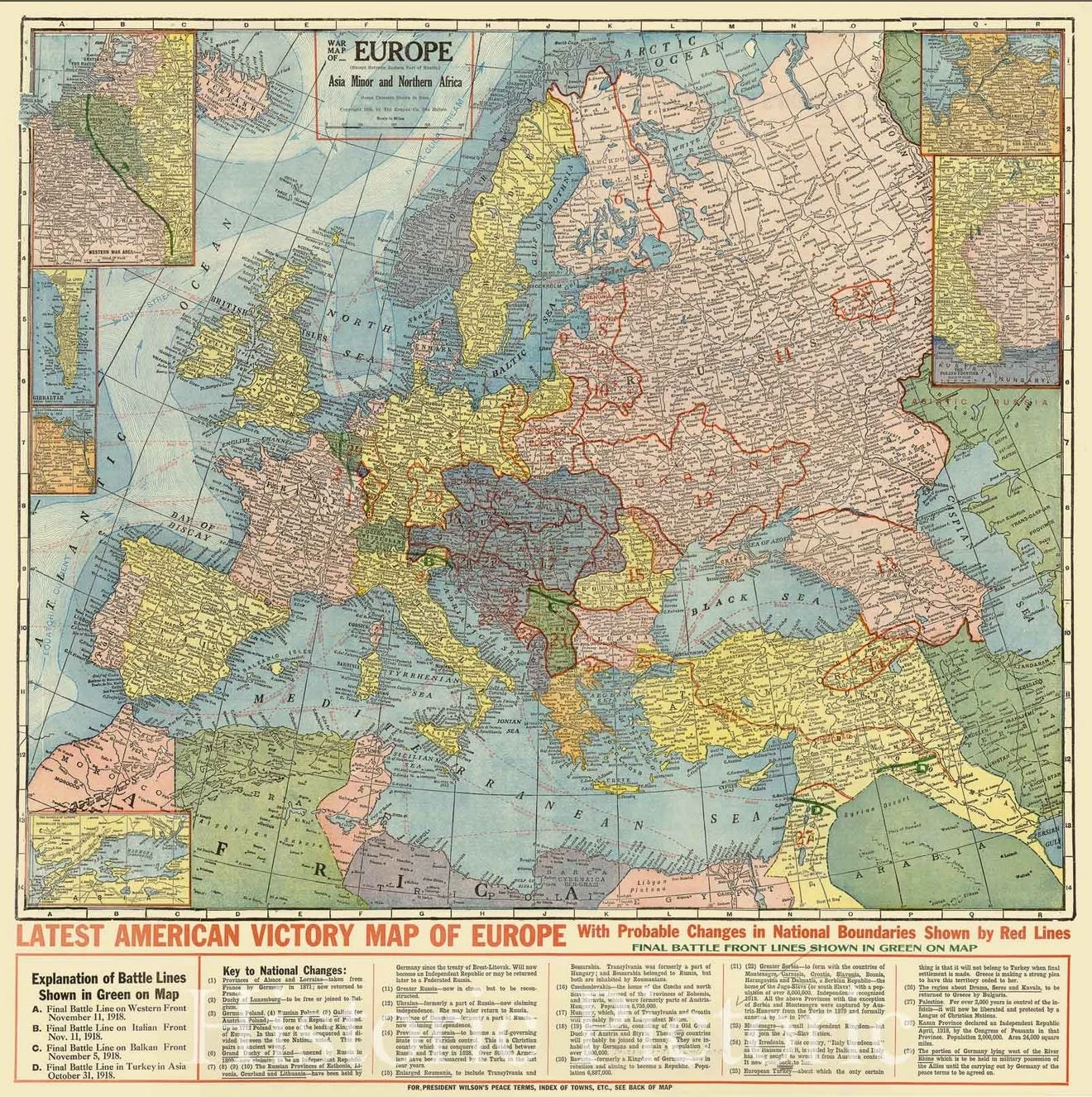Happy Troubling Birthday, NATO
The bad old days: Europe in 1918.
We are asking the nations of Europe between whom rivers of blood have flowed to forget the feuds of a thousand years.—Winston Churchill
Letter from Casteau
Good alliances are held together as much by sentiment as pragmatism. The United States and Europe are in an enduring marriage, though not one without kvetching. Grudges on both sides are suppressed in the interests of shared real estate, the weathered house of Western civilization. No matter what either party says in a fit of pique, divorce is costly. Despite spats and betrayals, we’re saddled with one another.
One ought to honor an abiding relationship, but the status quo isn’t very sexy. Twin ideological extremes loathe an arrangement that hitches anglophone North America to Europe. The critiques share a dull conformity: Invisible elites prosper on the backs of the people, variously defined. International mandarins care only about capital and control, not real freedom; they pump up phony threats for profit. Threats to transatlantic security don’t come from rising authoritarianism but from Them —the banks, bureaucrats, and globalists.
There’s a little truth even in wild fantasies, but these are unhealthily freighted with dejà vu. The last time we were here, great cities were laid waste and 60 million perished. It would be nice to laud the postwar institutions that buried an epic horror, but that’s so not 2024. We’re at the point in an old romance where people make mischief to spice things up.
The North Atlantic Treaty Organization, the most important of transatlantic alignments, was born 75 years ago this week, on April 4, 1949. From 12 founding signatories— Belgium, Canada, Denmark, France, Iceland, Italy, Luxembourg, the Netherlands, Norway, Portugal, the United Kingdom and the United States—the pact inexorably expanded to 32, the newest member being Sweden, which joined on March 7. A growth spurt has been fertilized by unprecedented fears for European stability. It’s matched by a cynicism that would make matters much worse.
Change roiling the West brings with it a toddler’s impulse to trash Atlanticism along with other institutions. From the American shore returns a canard older than Lindbergh, which is that European affairs are nothing but trouble. Meanwhile, Europe nurtures another generation of brown shirts. The populism fueling these movements isn’t against having friends abroad, it just picks the worst ones. It would trade a defensive pact composed of democracies (along with backsliding Turkey and Hungary) for transactions tailored to oligarchic convenience.
The Republican presidential candidate wants NATO to run like a protection racket, or to run it into a ditch. It’s a characteristically novel approach. This Trumpian assault hits at a bad time. Neither Europe nor America would be better off without the alliance, and history makes a spectacularly lousy case for either partner going it alone.


